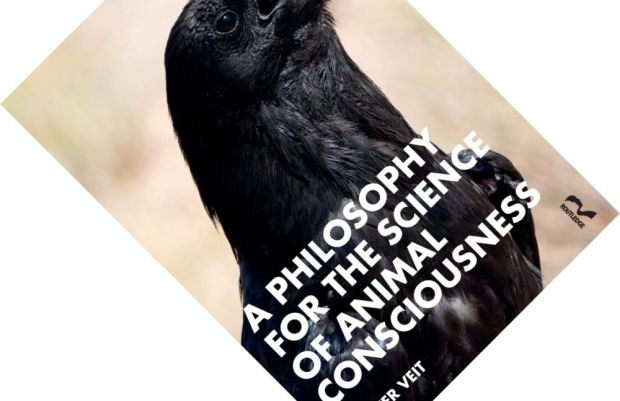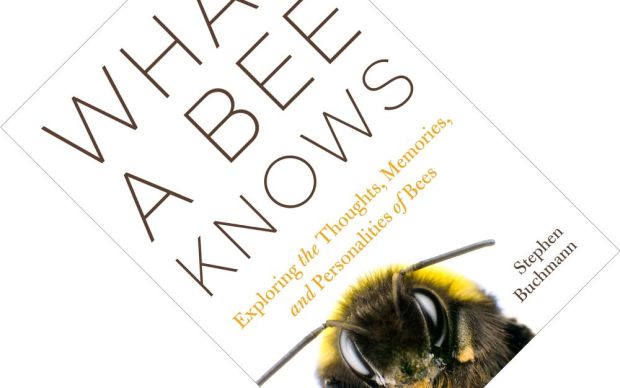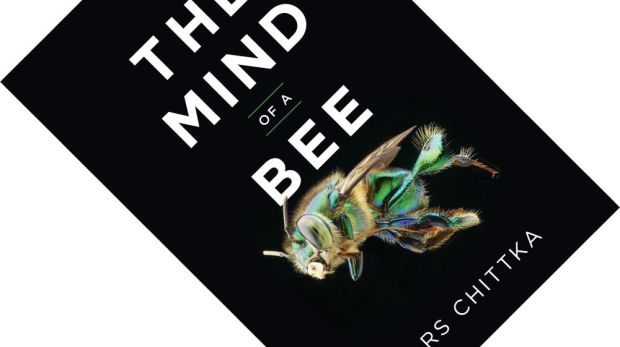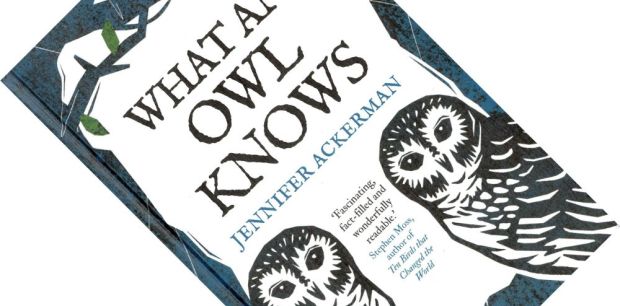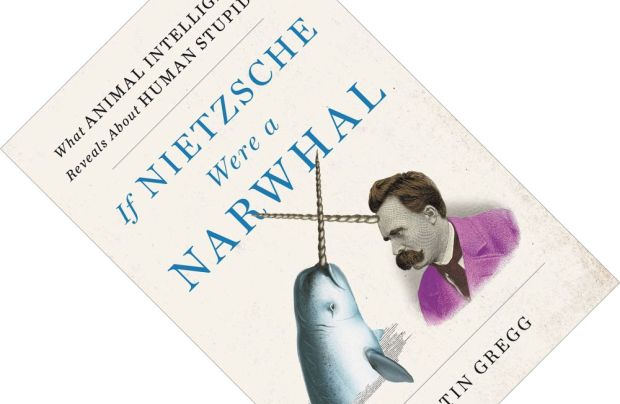9-minute read
keywords: evolutionary biology, neurobiology, philosophy
The nature of consciousness is one of the hardest problems in biology. What exactly is it? Where did it come from? And are non-human animals conscious? Philosophers and scientists range from ascribing consciousness to all life (biopsychism), or even all matter (panpsychism), to attributing it exclusively to humans. Seemingly beyond the purview of empirical science due to its subjective nature, there is a lack of “intuitively attractive solutions” (p. xiii). In the opinion of Walter Veit, an assistant professor in philosophy, that just will not do. In this slim but advanced-level book, he outlines a mightily interesting thesis of how consciousness could have gradually evolved, which aspect of it likely appeared first, and why we urgently need to step away from taking human consciousness as our yardstick.
